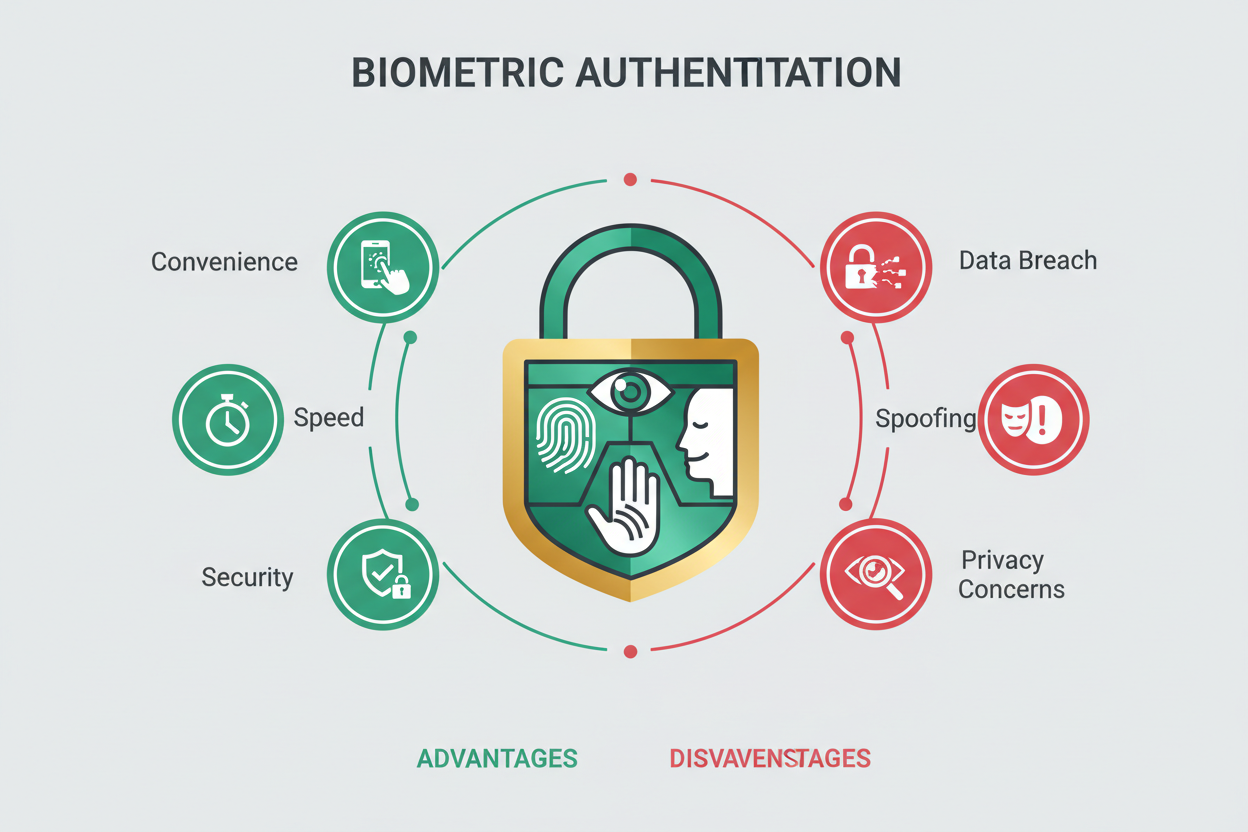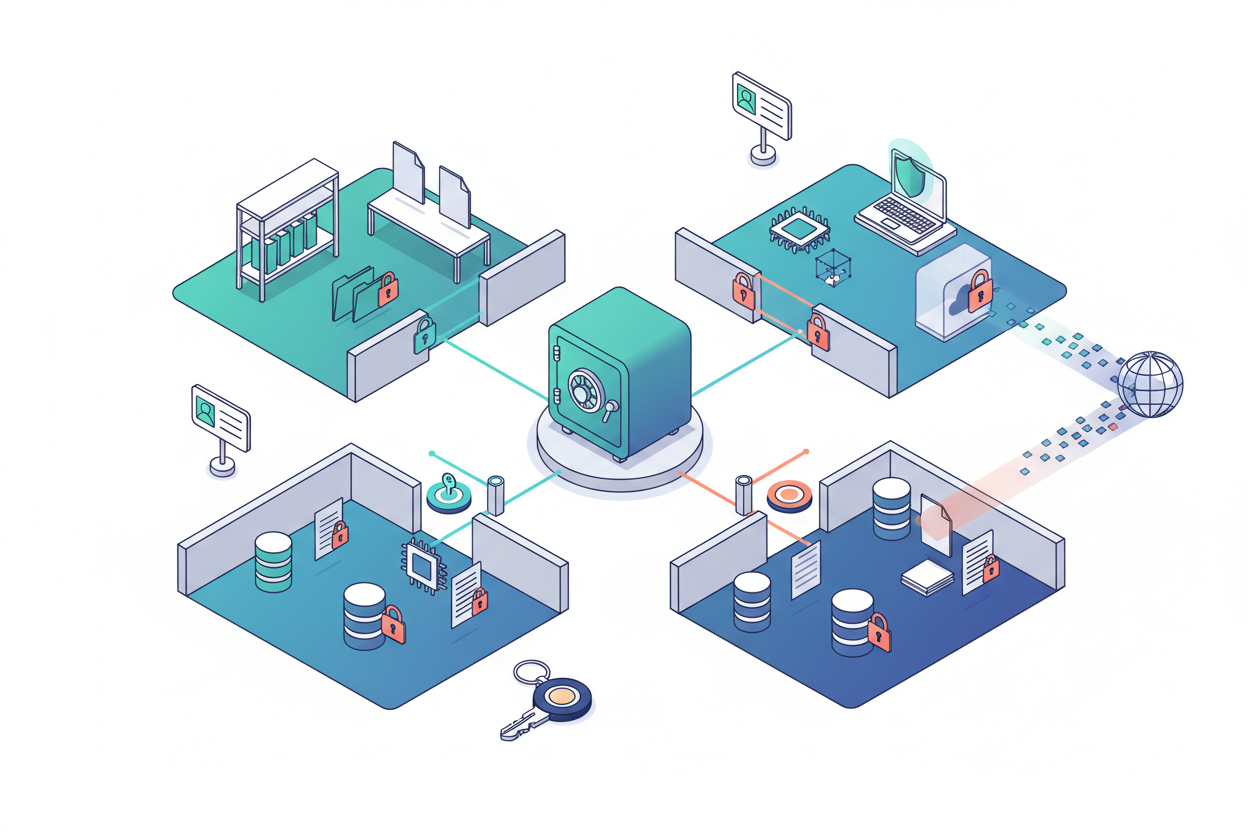-
Why Your Fingerprint Might Be Your Best Password—Or Your Worst Nightmare We live in an age of passwords. Dozens of them. Long ones with special characters, numbers, and that one uppercase letter you always forget. We write them down, reuse them, and inevitably forget them. It’s exhausting—and it’s exactly why biometric authentication feels like a…
-
In today’s hyperconnected world, cyber threats no longer arrive only as lines of malicious code or shadowy malware hidden in downloads. Increasingly, they come wrapped in headlines, hashtags, and viral posts. Fake news and misinformation campaigns have quietly become one of the most effective weapons in the modern cyber threat landscape—and their impact on cybersecurity…
-
Your next breakthrough is only as safe as the weakest credential in your company. In an economy where ideas travel at the speed of a click, intellectual property (IP) isn’t just an asset—it’s your competitive moat. Yet the same digital transformation that accelerates innovation has widened every doorway for attackers, insiders, and competitors to walk…
-
Why do smart people still click the wrong link?By ksquared When people picture “hackers,” they usually imagine someone in a dark room breaking into computers with lines of code. In reality, many of the most successful cyberattacks don’t start with code.They start with people. Hackers know that the easiest way into a company or personal…
-
Learn how to keep children and teens safe online with essential cybersecurity tips for families. Discover practical ways to prevent cyberbullying, scams, and privacy risks while building digital confidence. Focus keywords:cybersecurity for kids, online safety for teens, internet safety for children, protecting young users online, parental digital safety tips 🧩 Introduction: The Digital Playground That…
-
When a data breach hits, the clock starts ticking. Your next moves can either turn chaos into control—or make things worse. The good news? With a clear plan and calm execution, you can contain damage, meet legal requirements, and even strengthen trust with customers and partners. Here’s your action-ready playbook for responding to a data…
-
The challenges of securing supply chains A plain‑English guide for the Ksqaured Blog If you’ve ever tracked a parcel and watched it hop between cities, you’ve seen the modern miracle of supply chains. But that neat map hides a messier truth: your stuff depends on a web of farms, factories, warehouses, ships, trucks, software systems,…
-
From Firefighting to Foresight If security once felt like whack-a-mole, you’re not imagining it. Alerts pop up, teams scramble, and by the time the dust settles, the attacker has moved on. Threat intelligence flips that script. Think of it as your weather radar: it spots storms before they hit, shows you where they’re headed, and…
-
Imagine social media as a thrilling high-wire act: one side dazzles with connections, viral moments, and endless scrolls; the other teeters on the edge of privacy pitfalls and cyber chaos. For you and your organisation, it’s not just about likes and shares—it’s a potential gateway for hackers, scammers, and data disasters. In this post, we’ll…
-
Picture the internet as a vast Wild West frontier, where outlaws (hackers) are armed with AI slingshots and shape-shifting disguises. Your trusty antivirus (AV) software? It’s evolving from a lone sheriff with a badge to a high-tech posse with predictive powers. In this post, we’ll saddle up and explore how AV is gearing up for…










